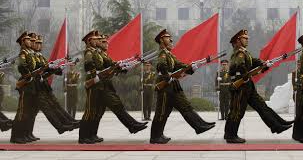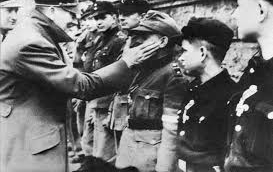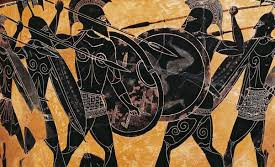Why didn’t Stalin just execute Trotsky in 1927 rather than exiling him first? Joseph Stalin’s decision to exile Leon Trotsky instead of executing him in 1927 can be understood in the context of the complex political dynamics and strategies of the time. There are several reasons why Stalin chose exile over execution:
Political image:
Stalin was attempting to consolidate his power within the Soviet Union and the international communist movement. The execution of a prominent figure like Trotsky, who had been a key leader of the Bolshevik Revolution and the Red Army, could have led to significant international backlash and damaged the image of the Soviet government. Exiling Trotsky allowed Stalin to present himself as a leader who was not resorting to extreme measures against his political opponents.
Ideological legitimacy:
The Soviet government under Stalin still claimed to adhere to the principles of Marxism and proletarian internationalism. While Stalin was consolidating his control over the Communist Party and the state, he needed to maintain at least the appearance of adhering to these principles. Executing Trotsky might have been seen as a betrayal of those principles, leading to dissent within the Communist Party and among the Soviet population.
International politics:
Trotsky was in exile for much of the period after being ousted from power, and he was living in various countries, including Turkey, France, and Mexico. Stalin may have considered exile a more politically practical option because it removed Trotsky from the Soviet Union, making it less likely for him to directly challenge Stalin’s rule. Execution, on the other hand, would have risked turning Trotsky into a martyr for the opposition.
Timing and internal dynamics:
The late 1920s were a period of intense political maneuvering and power struggles within the Soviet leadership. Stalin had successfully sidelined Trotsky and other political opponents through political purges and factional struggles. The decision to exile Trotsky in 1927 was part of a broader strategy to remove potential threats and secure his grip on power without sparking a violent confrontation.
It’s worth noting that despite being in exile, Trotsky remained a vocal critic of Stalin and continued to advocate for his own version of communism, which led to ongoing ideological and political disputes within the international communist movement. In the end, Trotsky was assassinated in Mexico in 1940, which was likely the result of Stalin’s determination to eliminate him as a political rival.










